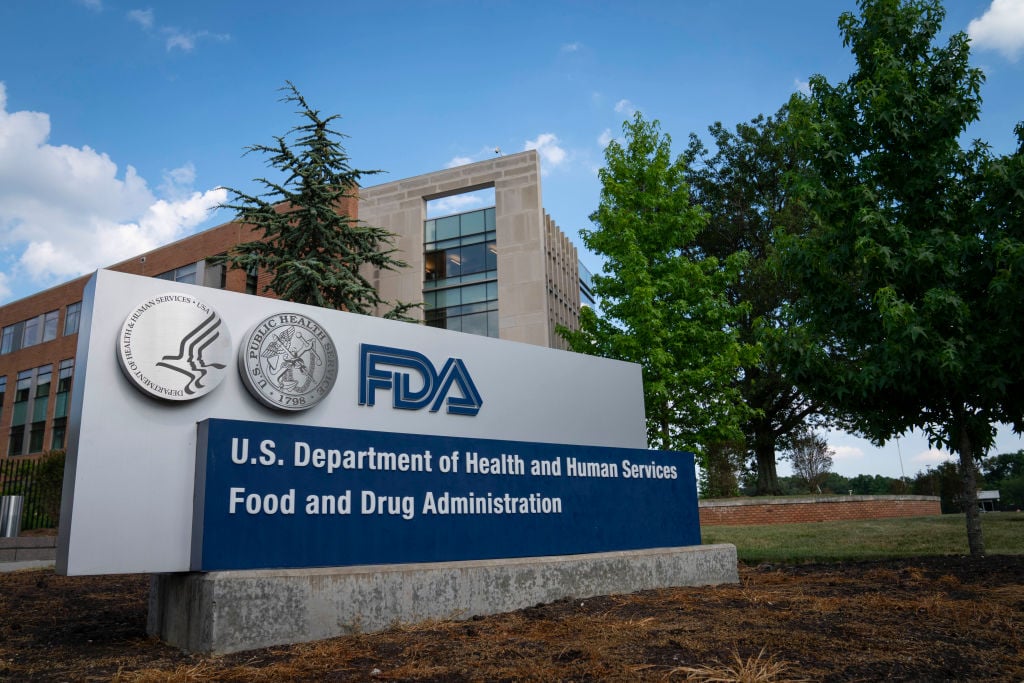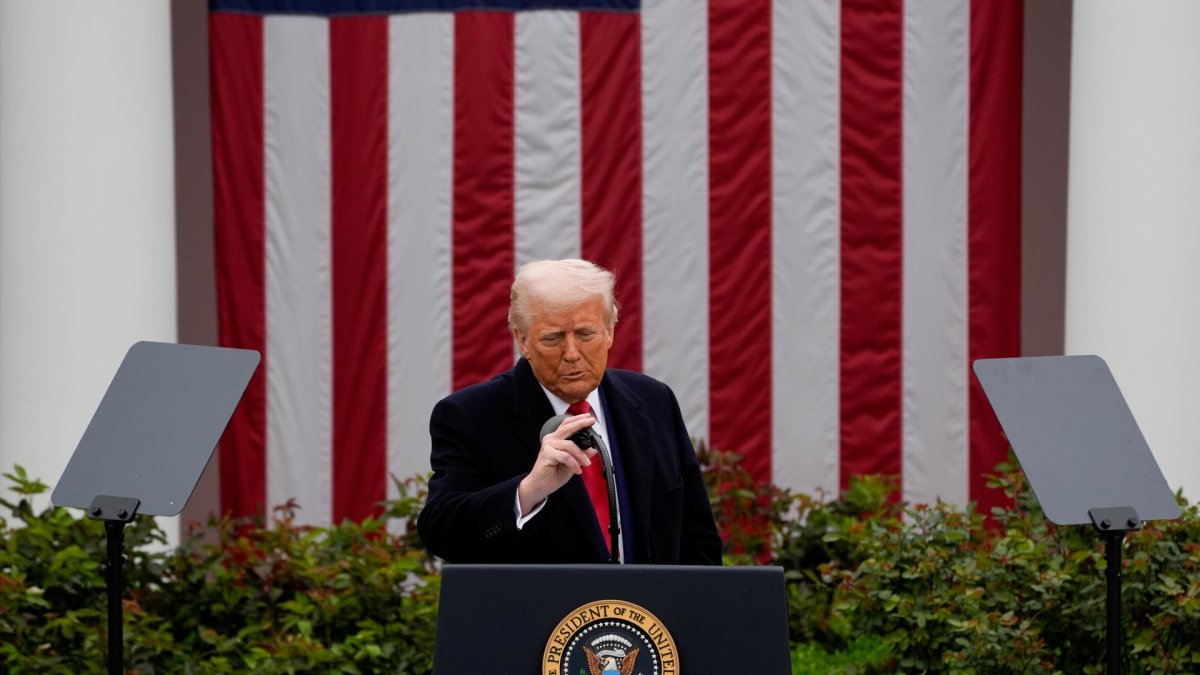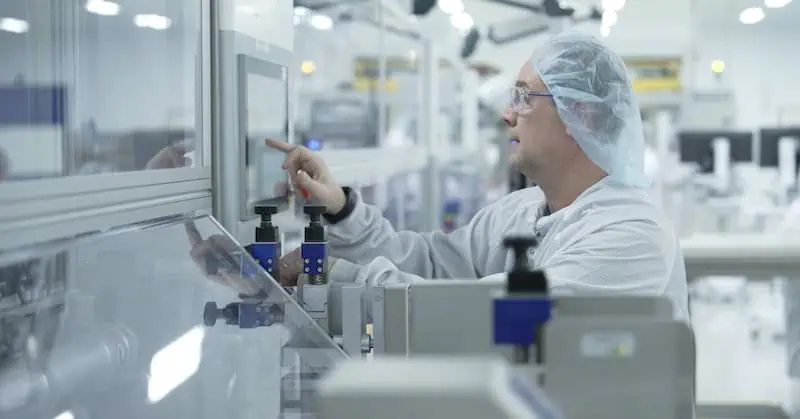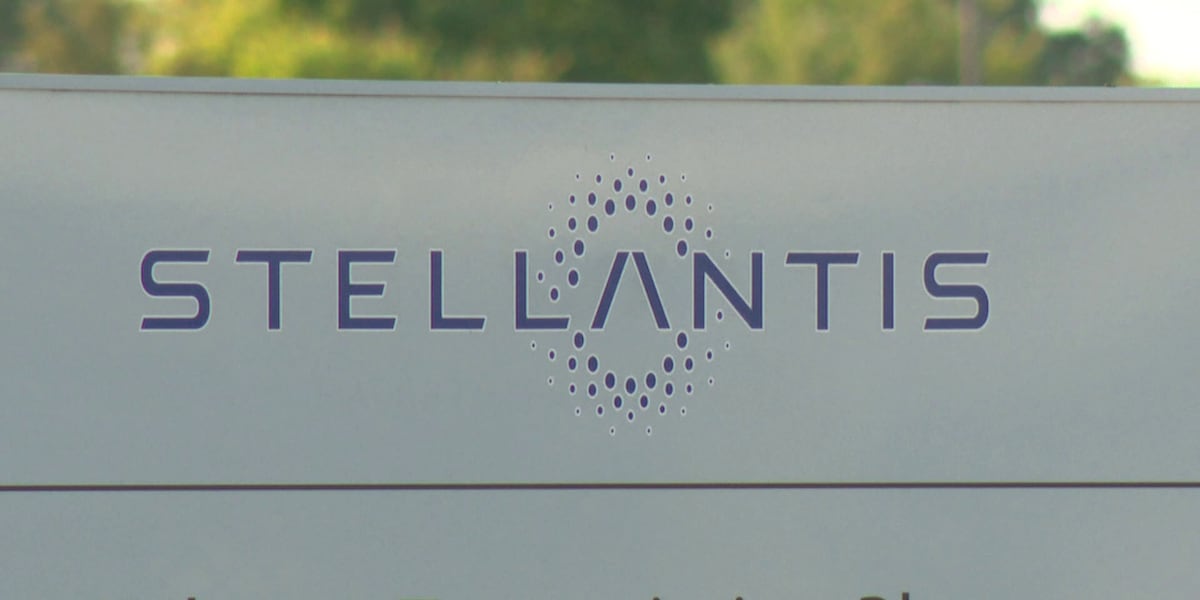FDA Delivers Sharp Rebuke: Aurobindo's North Carolina Inhaler Facility Faces Regulatory Scrutiny
Manufacturing
2025-04-14 19:00:00Content

Aurobindo Pharma Faces Fresh FDA Scrutiny Over Manufacturing Practices
In another challenging encounter with regulatory oversight, Aurobindo Pharma has once again found itself under the microscope of the U.S. Food and Drug Administration (FDA). The company's subsidiary, Aurolife Pharma, has received a Form 483, a document that signals significant manufacturing compliance concerns at its North Carolina inhaler facility.
The FDA's latest inspection revealed 11 critical observations, highlighting potential gaps in the company's quality control and manufacturing processes. This development underscores the ongoing challenges Aurobindo faces in maintaining stringent regulatory standards for its pharmaceutical production.
The Form 483 serves as a formal notification of observations made by FDA investigators during their facility inspection, pointing to areas that require immediate attention and corrective action. For Aurobindo, this represents another test of its commitment to meeting international manufacturing standards and maintaining its reputation in the global pharmaceutical market.
As the company prepares to address these observations, the incident raises questions about the robustness of its quality management systems and the potential implications for its ongoing operations in the United States.
FDA Scrutinizes Aurobindo: A Deep Dive into Pharmaceutical Manufacturing Challenges
In the complex world of pharmaceutical manufacturing, regulatory compliance stands as a critical cornerstone of patient safety and industry integrity. Recent developments surrounding Aurobindo Pharma illuminate the intricate challenges faced by global drug manufacturers in maintaining stringent quality control standards and navigating the rigorous oversight of regulatory bodies like the U.S. Food and Drug Administration.Navigating Regulatory Waters: When Precision Meets Pharmaceutical Production
The Anatomy of FDA Observations
The Form 483 issued to Aurobindo's Aurolife Pharma represents more than a mere administrative document—it is a comprehensive diagnostic tool that exposes potential systemic vulnerabilities within pharmaceutical manufacturing processes. With eleven distinct observations targeting the company's North Carolina inhaler production facility, the FDA has signaled significant concerns about manufacturing protocols, quality management systems, and potential risks to product safety. These observations are not simply bureaucratic hurdles but critical indicators of potential manufacturing deficiencies that could compromise patient health. Each observation represents a potential breach in the intricate chain of pharmaceutical production, demanding immediate and comprehensive corrective actions.Implications for Global Pharmaceutical Supply Chains
Aurobindo's recent regulatory challenge underscores the increasingly complex landscape of international pharmaceutical manufacturing. As a prominent Indian drugmaker with global market presence, the company's experience highlights the relentless scrutiny faced by manufacturers operating across multiple regulatory environments. The Form 483 serves as a stark reminder that pharmaceutical companies must maintain unwavering commitment to quality control, process standardization, and continuous improvement. For Aurobindo, this means not just addressing the immediate concerns but fundamentally reassessing and potentially redesigning their manufacturing infrastructure.Technological and Operational Resilience in Pharmaceutical Manufacturing
Modern pharmaceutical manufacturing demands an unprecedented level of technological sophistication and operational precision. The FDA's observations suggest that Aurobindo must invest in advanced quality management systems, enhanced training protocols, and more robust documentation practices. The inhaler plant's challenges reflect broader industry trends where technological innovation must be seamlessly integrated with stringent regulatory compliance. This requires a holistic approach that combines cutting-edge manufacturing technologies, comprehensive staff training, and a culture of continuous quality improvement.Economic and Reputational Consequences
Regulatory challenges like these carry significant economic and reputational implications. For Aurobindo, the Form 483 could potentially impact market perception, investor confidence, and future regulatory interactions. The company's response and subsequent corrective actions will be crucial in mitigating potential negative consequences. The pharmaceutical industry operates in an environment where reputation is paramount. Swift, transparent, and comprehensive responses to regulatory observations are essential in maintaining stakeholder trust and demonstrating organizational commitment to excellence.Global Regulatory Landscape and Future Outlook
The Aurobindo case exemplifies the increasingly complex global regulatory environment for pharmaceutical manufacturers. As regulatory bodies worldwide become more sophisticated in their assessment methodologies, companies must develop adaptive, proactive approaches to quality management. This evolving landscape demands continuous investment in technology, training, and quality assurance mechanisms. Pharmaceutical manufacturers must view regulatory compliance not as a burden but as an opportunity for continuous improvement and organizational excellence.RELATED NEWS
Manufacturing

Factory Floor Alarm: U.S. Manufacturing Hits Unexpected Downturn in 2023
2025-04-01 14:00:00
Manufacturing

Biotech Breakthrough: Regeneron and Fujifilm Diosynth Forge $3B Manufacturing Alliance in Onshoring Pivot
2025-04-22 14:03:12
Manufacturing

Trade War Brewing: Trump's Tariff Gambit Sparks Manufacturing Showdown
2025-04-03 01:23:25





